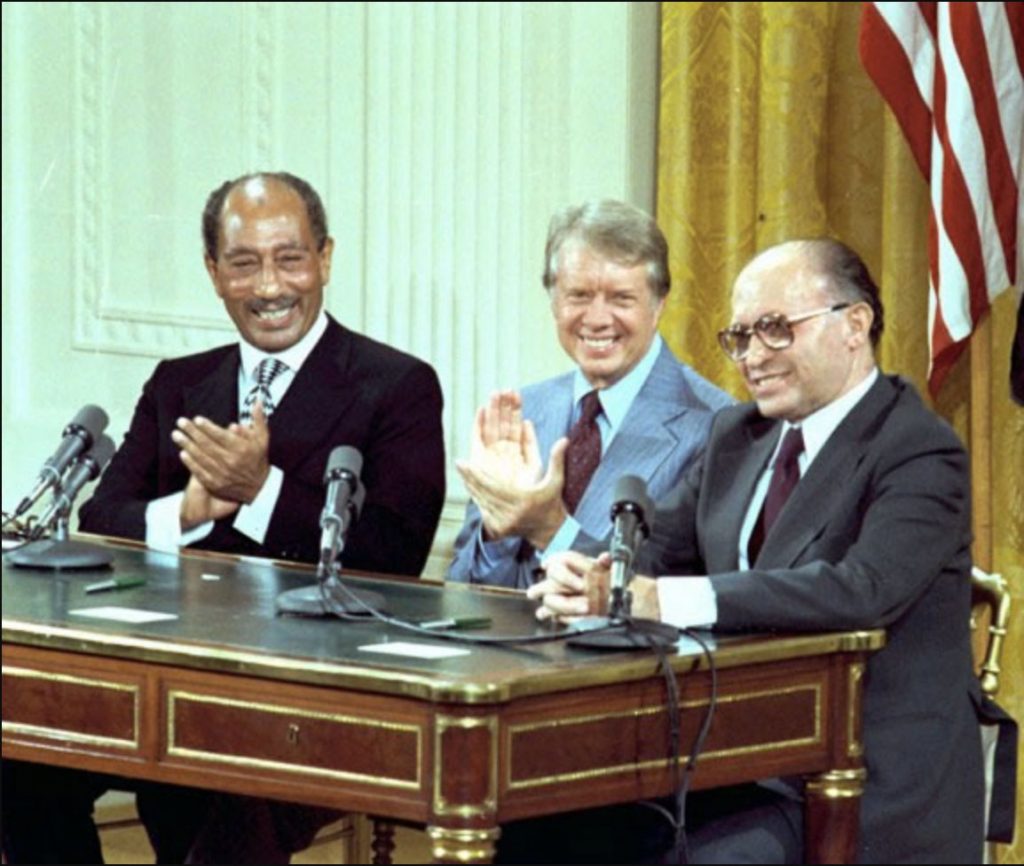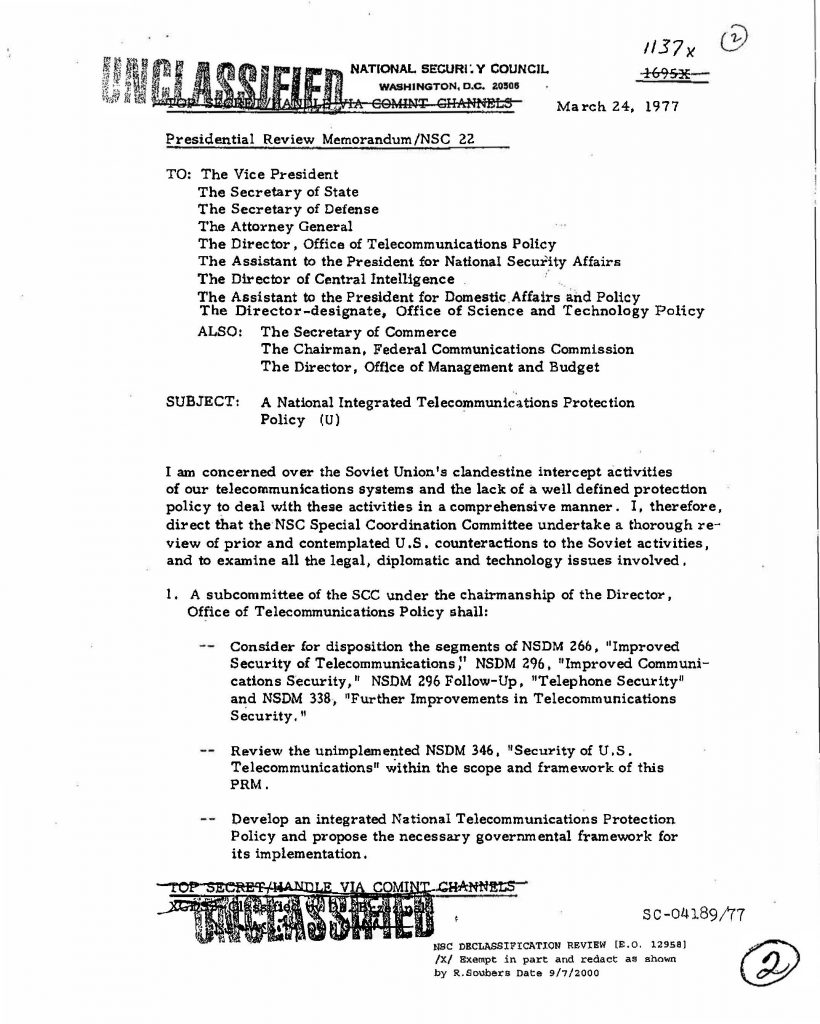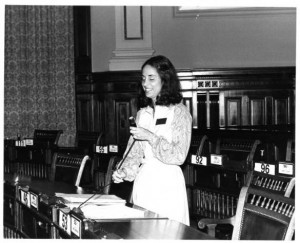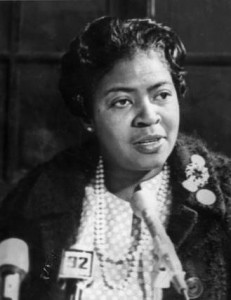Select records documenting events in the presidency of Jimmy Carter from 1977-1981 are now available in the Digital Library of Georgia. There are two collections. The first, Notable Events and Accomplishments of the Jimmy Carter Presidential Administration, 1977-1981, is available at https://dlg.usg.edu/collection/carter_jcpa and pulls together key presidential directives, presidential review memoranda, daily diary entries, and other related materials that describe events such as the Camp David Accords (1978), the hostage crisis in Iran (1979-1981), the Panama Canal Treaties (1977-1978), and the progression of the Equal Rights Amendment (ERA). The second collection, the Presidential Files, Office of the Staff Secretary, is available at https://dlg.usg.edu/collection/carter_pfoss and includes communications to President Jimmy Carter and his senior staff, dating from January 1977-May 1979.
These archival materials are housed at the Jimmy Carter Presidential Library and Museum, part of the National Archives and Records Administration (NARA), and provide significant insight into the Carter administration. The research and evidential value span disciplines including political science, public administration, history, international/foreign relations, and archival studies, among others.
Dr. Meredith Evans, Director, Jimmy Carter Library and Museum notes: “These records provide critical documentation of Jimmy Carter’s dedication to democracy and diplomacy locally and globally. We are committed to making these materials accessible and are grateful for the opportunity to collaborate with the Digital Library of Georgia.”
Link to featured images:
Title: A scene from the historic signing of the Camp David Accords.
https://www.jimmycarterlibrary.gov/assets/images/campdavid/nlc07466.13a.jpg
Description: A scene from the historic signing of the Camp David Accords on Sunday evening, September 17, 1978, in the East Room of the White House.

Title: A National Integrated Telecommunications Protection Policy
https://www.jimmycarterlibrary.gov/assets/documents/memorandums/prm22.pdf
Description: Presidential review memorandum. President Jimmy Carter expresses his concern with the Soviet Union covertly intercepting United States telecommunication systems and requires the Special Coordination Committee to execute a review of previous U.S. counteractions to the USSR.

About the Jimmy Carter Presidential Library and Museum
The Jimmy Carter Presidential Library and Museum in Atlanta, Georgia, houses U.S. President Jimmy Carter’s papers and other material relating to the Carter administration and the Carter family’s life. Visit https://www.jimmycarterlibrary.gov/



